Ending Juvenile Life without Parole (JLWOP) in Wisconsin
With SB-801/AB-845 recently introduced in Wisconsin, the state has the opportunity to become the 29th to prohibit juvenile life without parole-sentences.
Should Wisconsin enact this legislation, the state would join the ranks of Texas, Virginia, Nevada, Ohio, West Virginia, Maryland, and more.
This factsheet outlines why ending JLWOP is a proven, measured reform:
Voices of Support to end JLWOP:
Over two-thirds of Americans agree that children sentenced to life should have their sentences reviewed.
Here is what lawmakers, victims advocates, and released juvenile lifers have to say about this reform to end juvenile life without parole:
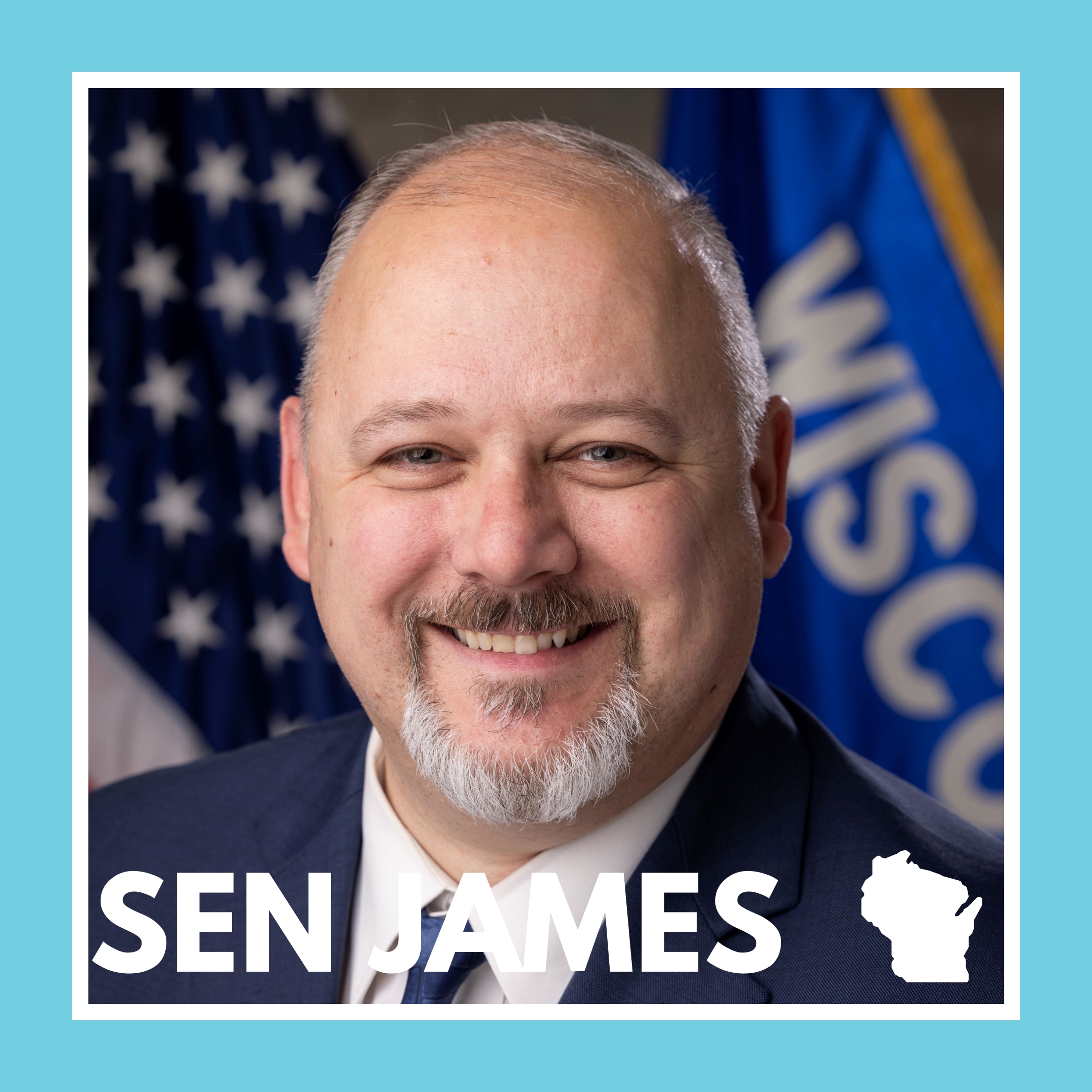
Senator Jesse James, WI • Co-author of SB-801/AB-845
“The science is clear: teenage brains are still developing. They cannot fully comprehend the extent of their actions. For example, how is a 15 year old supposed to understand life without parole when that sentence is literally quadruple the entire time they’ve been alive. People can grow; people can change, especially when their brains are still forming. Juveniles deserve a second chance.”
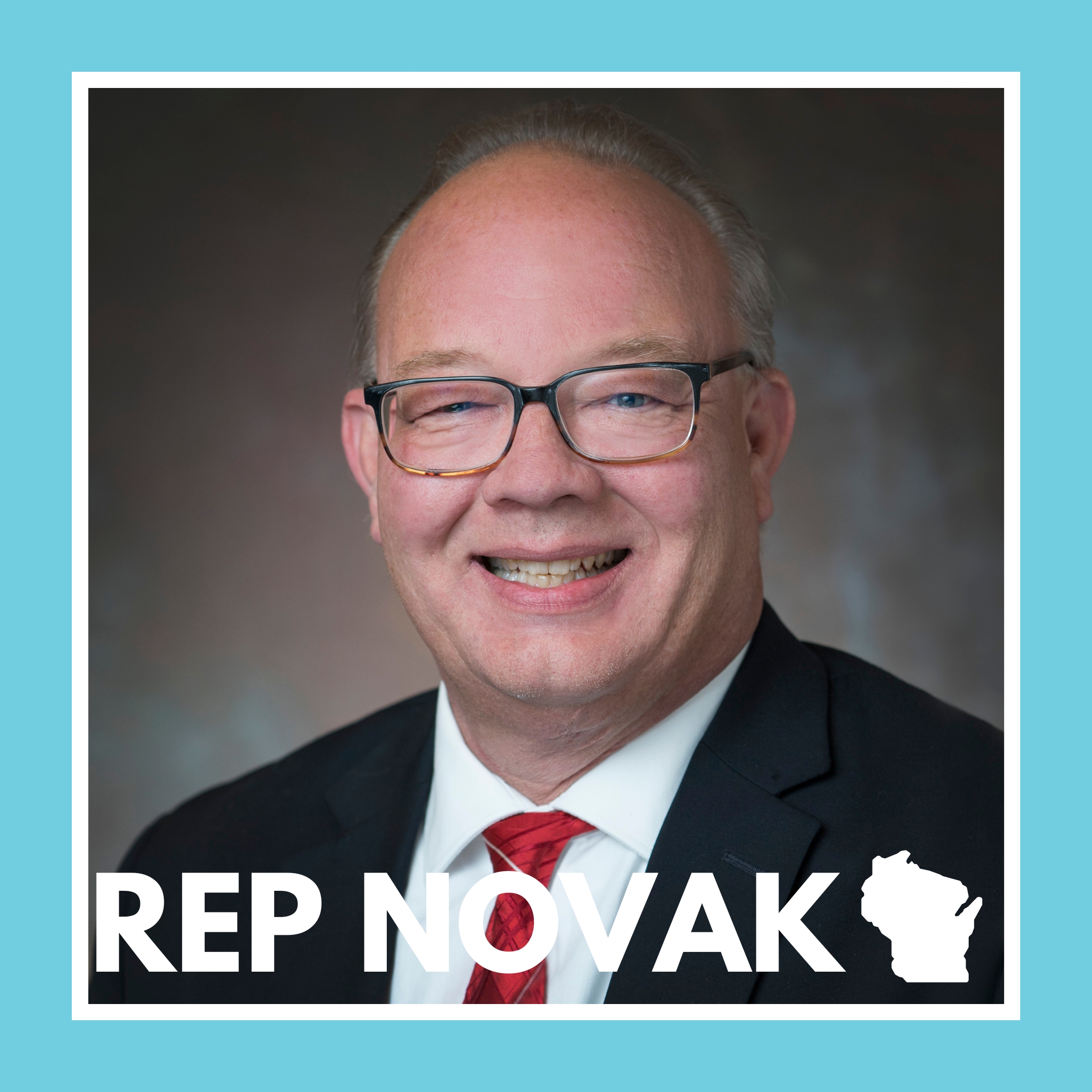
Representative Todd Novak, WI • Co-author of SB-801/AB-845
“Ending juvenile life without parole in Wisconsin is not just about reforming our justice system; it’s about restoring hope, potential, and the promise of a future to our youth. This would also ensure that Wisconsin remains in compliance with the United States Supreme Court precedent.”
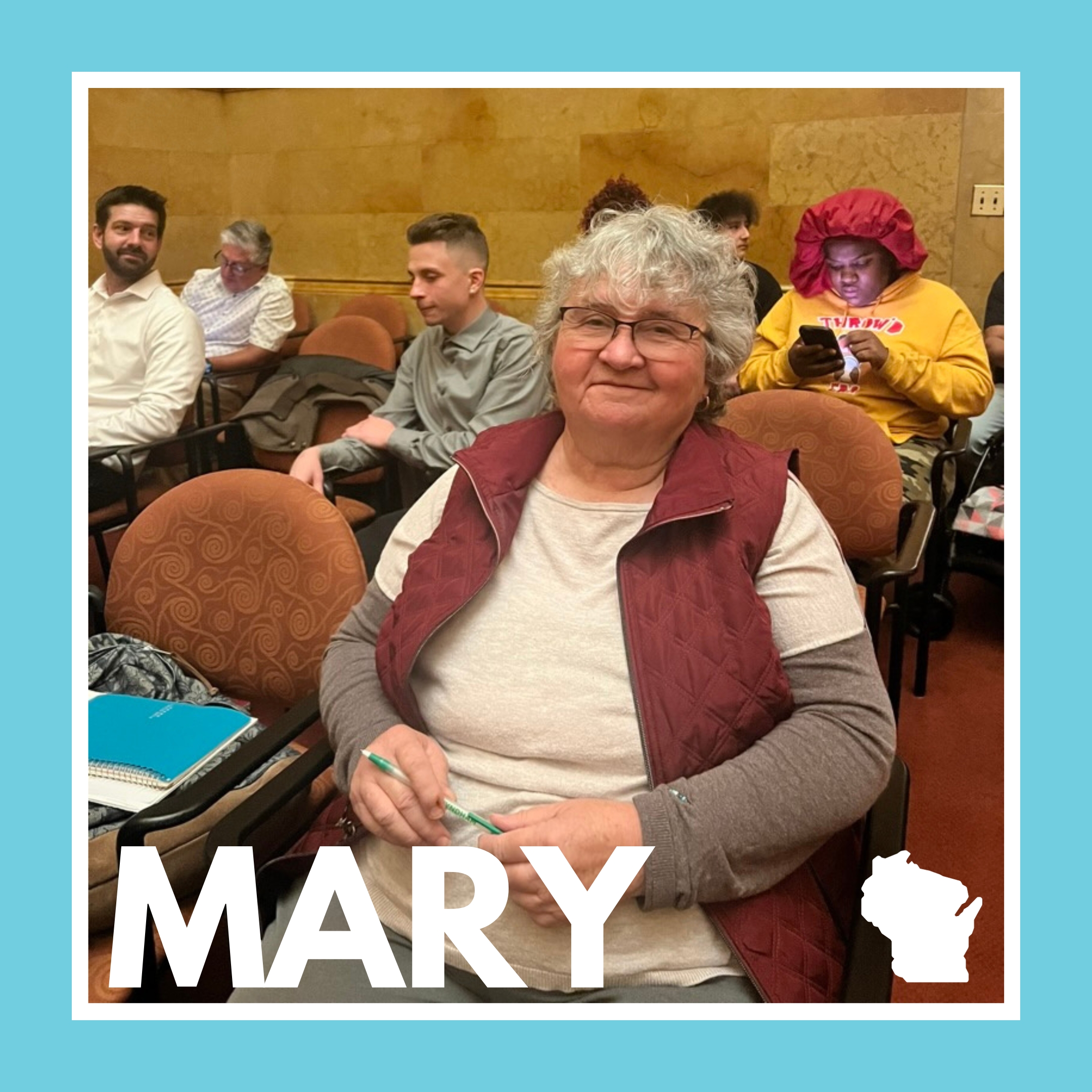
Mary Rezin, Victims Advocate, Bill Supporter
Mary lost family members to youth violence and is a victims advocate. She has been a longstanding supporter of efforts to end JLWOP in Wisconsin.
“I was the exact opposite of forgiveness at first. I went to every hearing to try to understand what had happened that night. When the sentencing was announced, I was fine with it.
But every year at this time of year I would get a heaviness. I would hunker down and wait for it to lift. After 16 years, one year, the heaviness just didn’t lift. I knew something had to be done. I went through the victim advocacy office which connected me to a restorative justice program. Thats how Dan agreed to meet with me.
I advocate on behalf of Dan. After I met with him, Dan changed from a monster in my mind that I hated to a young man who was a 16-year old kid under the influence when he made an awful mistake. He was a child.
When we met, he shared with me who he had worked to become in prison. Dan has taken every class available, he’s a role model, he’s a mentor for other prisoners. He’s someone that people can talk to and get hope from for becoming better than the worst thing that they’ve ever done. It has been 24 years now. So that’s why I’m here. I hope this bill gets through. I hope there is some sense about these people as kids who made bad decisions. We have to change the system to give them something to look forward to.”
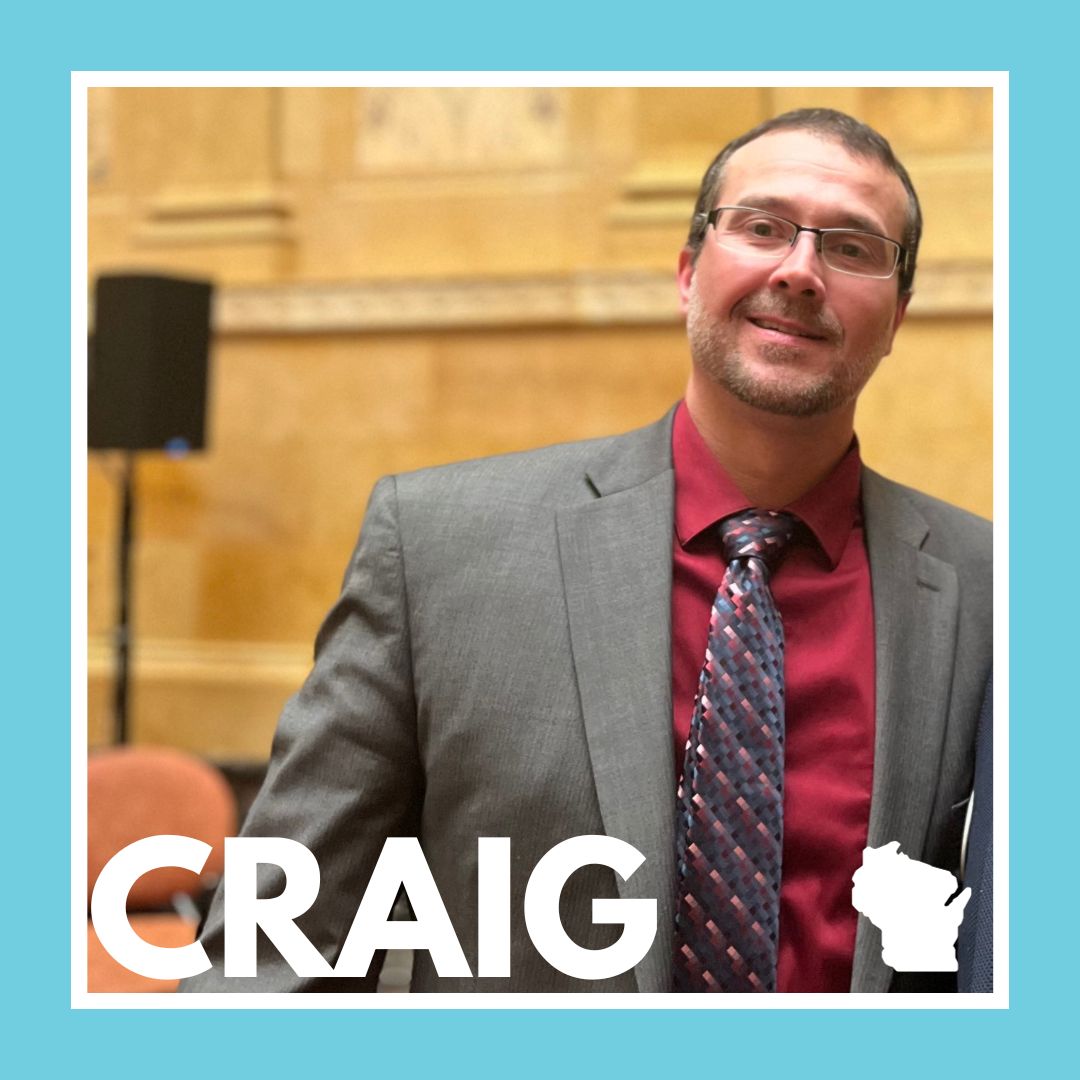
Craig Sussek, released juvenile lifer, active community member with 3-year career
“I started to embrace a better future for myself when the lady I shot and almost killed came to see me in prison. She told me I had value, she told me I had worth, she told me I was a kid who made a bad decision, she told me I wasn’t the worst of society, and that I was redeemable. At the time I was on a track towards permanent segregation. Jackie was a divine intervention that made me realize that there is hope for reclaiming my humanity. When Jackie said she forgave me, I made the shift to better myself, a path I’m still on today.”
Craig Sussek was incarcerated for attempted homicide with a de facto life sentence as a 16 year old. Released after 25 years in prison, he’s a contributing member of society in Wisconsin and advocates for the over 100 individuals in the state serving life sentences for crimes committed as children as a member of the Incarcerated Children’s Advocacy Network (ICAN).
“I was called the worst of the worst and told I wasn’t worth a chance for redemption. Now I’m the guy who pulls over to help someone, the guy who helps my friend experiencing homelessless, the guy who got married, the guy with a three year career as lead operator, and who is currently a Board Member on two Community Boards. I’m not exceptional, there are others still in prison ready to do the work that I do or more.”
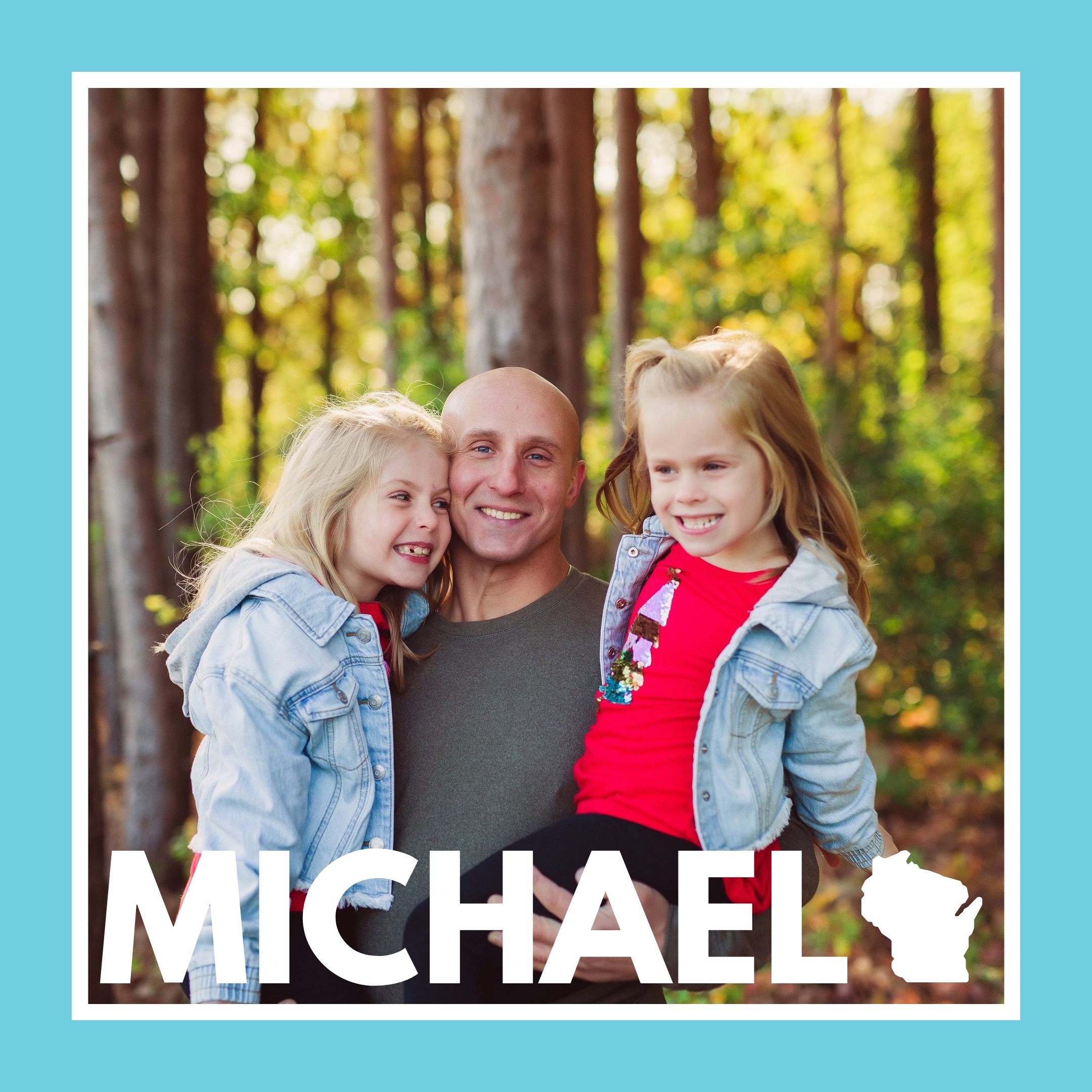
Michael T. LaReau, released juvenile lifer
“At the age of fifteen, I ran away from home along with three other juveniles. Unfortunately we became desperate which led to us making a series of bad decisions. I created a victim that night.
I received a 40-year sentence at the age of 15 and I served 22-years before being released. Since that terrible night 27 years ago, I have matured into an adult I am proud of. After thirteen parole hearings, Mr. Tate released me while he served as the interim Parole Commission Chair. I came home on May 28th, 2020. Since being released, I have become a homeowner and a stepdad to two of the most precious little girls, ages 5 and 8. I have been in residential remodeling for most of the time I have been free. It’s satisfying work, but I have recently pursued a move to Eau Claire, Wisconsin, to begin work with a company named CC We Adapt. I have been doing peer mentoring for the past 4 months. I recently went through the Rehabilitation Review through DHS as a way to expand my reach through CCS (comprehensive community services).
In 2023, I was one of twenty-eight people from across the US selected to take part in a six month cohort that focused on criminal justice reform. Since graduating from the cohort, I have gone on to become the Empathy Network State Campaign lead for Wisconsin, working alongside Dream.Org to work toward capping supervision lengths.
The kid who committed the crimes I committed in 1998 is no longer recognizable within myself. I went to prison at a very young age and I was released when I was 37-years old. I won’t argue that I didn’t need punishment for my actions that fateful night in 1998, but I know that the amount of time I received was more than enough. In my opinion 22-years was excessive, the time became a hindrance to my growth and ability to establish a life beyond my past mistakes.
The reason I am working as a mentor is because I would have been better served with intervention than incarceration. Everyone is not starting on the same playing field, some kids don’t get the same level of interaction with parents, coaches and teachers, which makes growing up more difficult. We need to teach our kids manners, good study habits, proper nutrition, how to identify our emotions and what to do with those emotions. I wish someone would have played a larger role in my early years, someone to mentor me, but now I am here for others.”
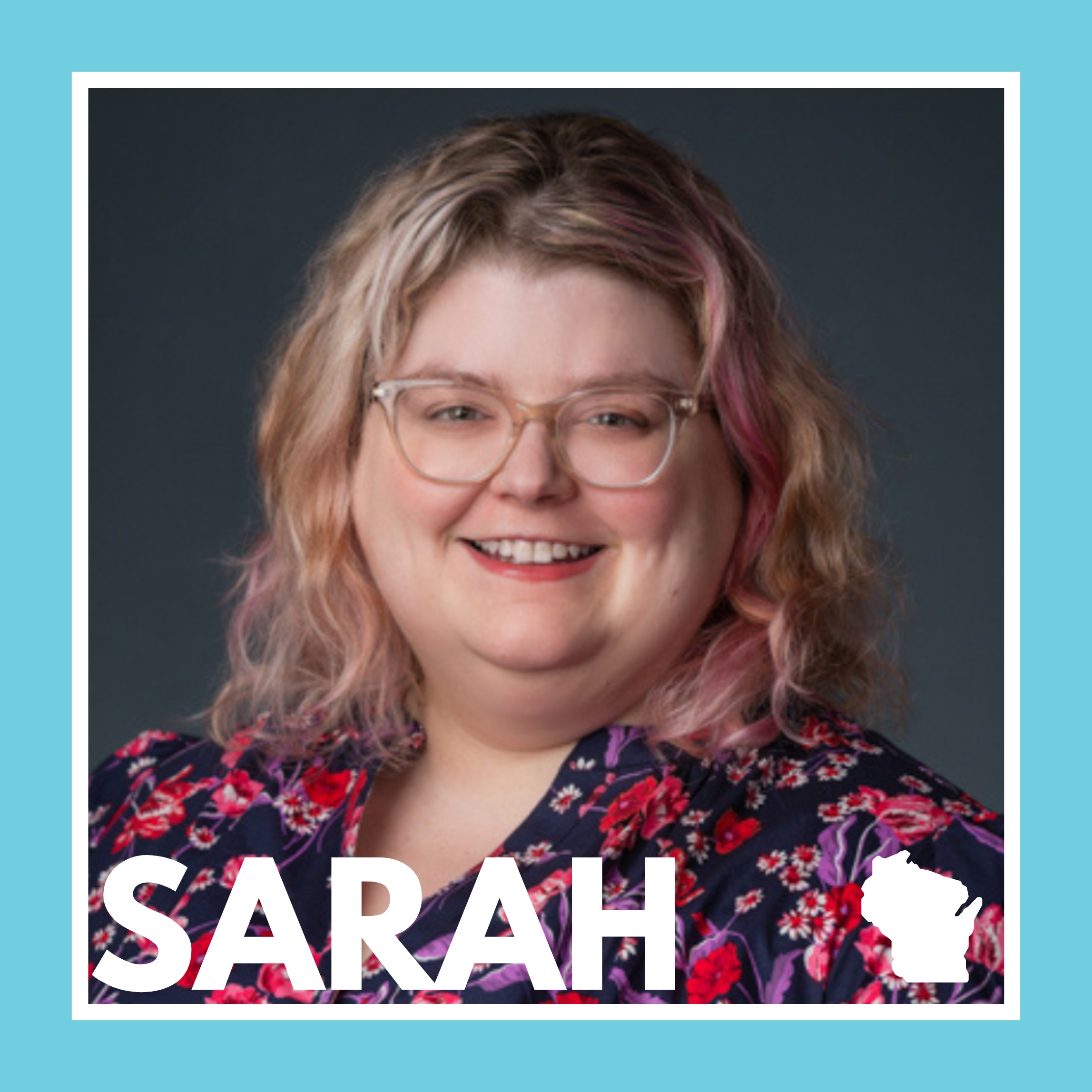
Sarah Best, CEO of Sarah Best Strategy, a digital marketing agency headquartered in Middleton
“As a business leader who works with companies all over the country and internationally, I know that this practice puts a stain on our state’s reputation; it’s critical that we do all that we can to make our great state an even better place to live and work by eliminating this cruel practice. As is the case with so many urgently needed justice system reforms, ending juvenile life without parole also represents a critical step in ensuring racial equity. In Wisconsin, the rate at which we incarcerate children into adulthood is double the rate nationwide.”
Read Sarah’s op-ed for the Journal Times here (Sarah Best Op-ed Racine Journal Times).


